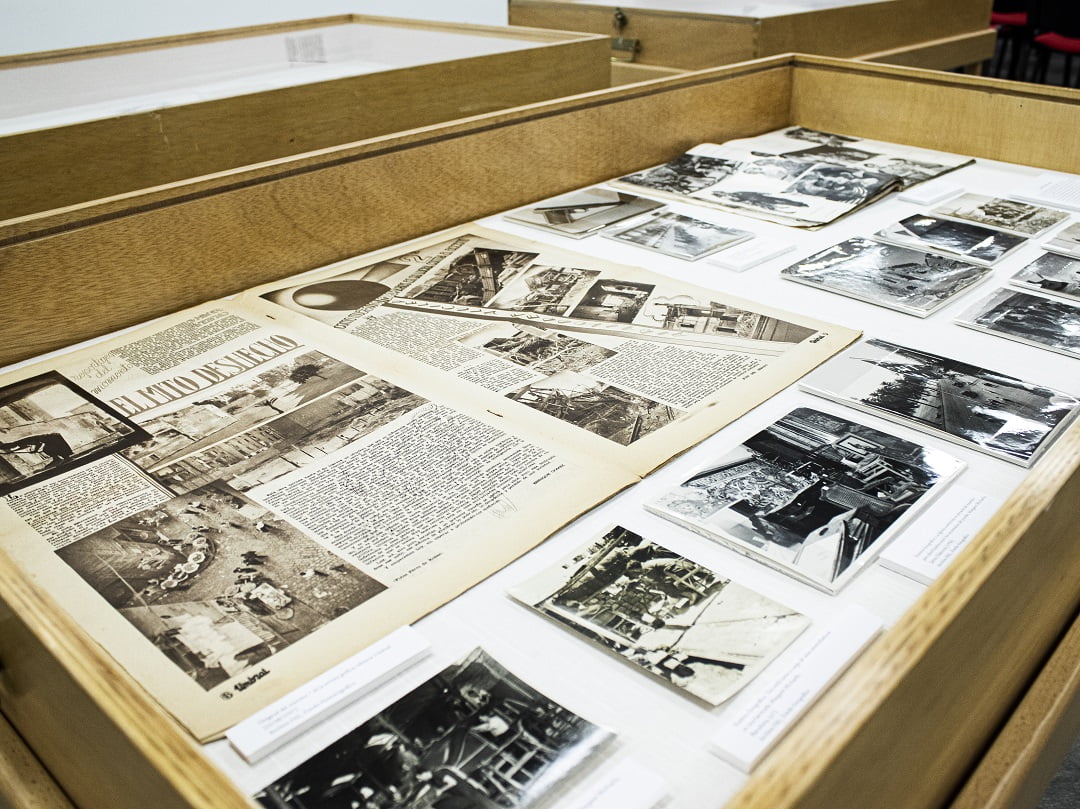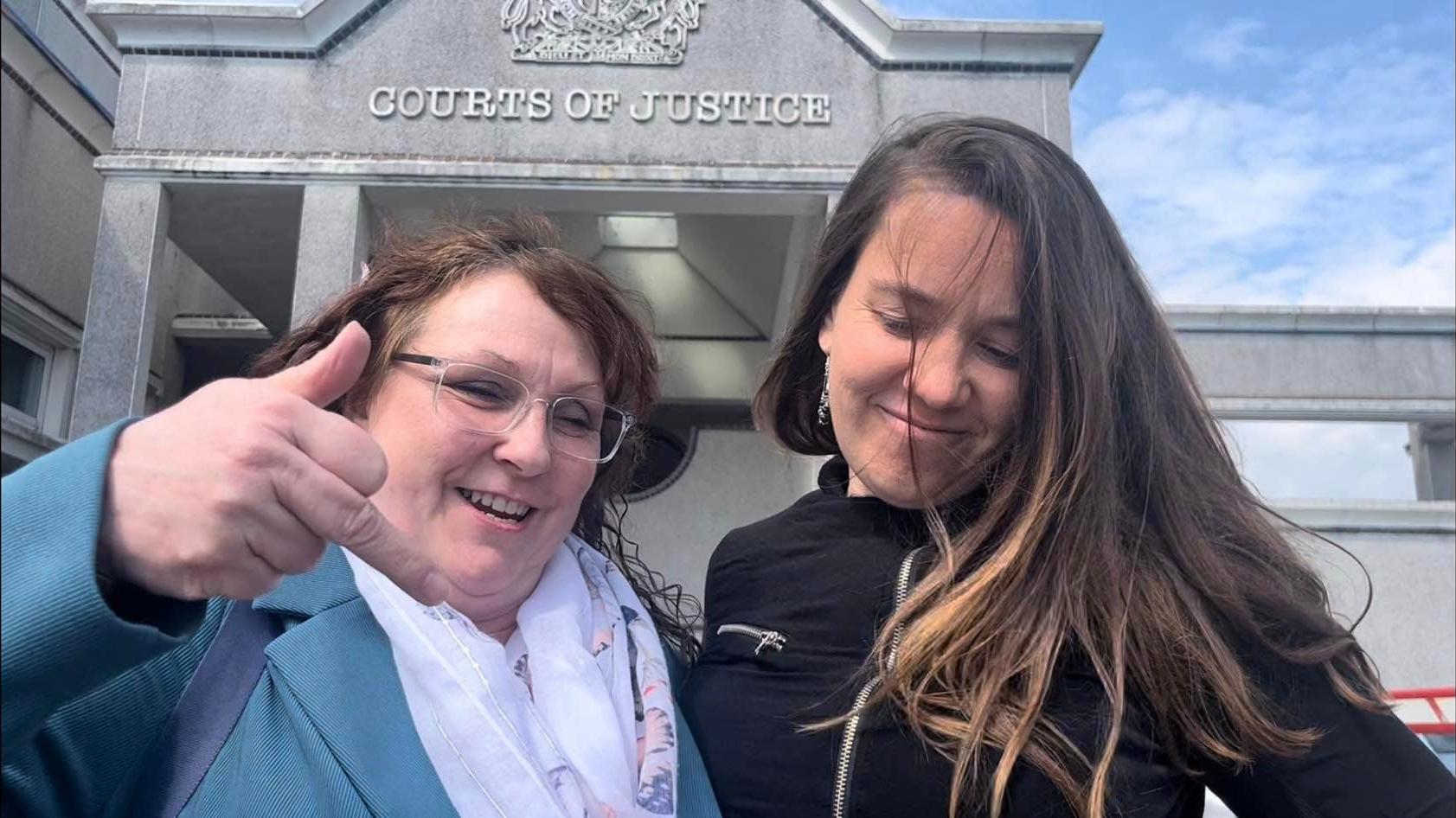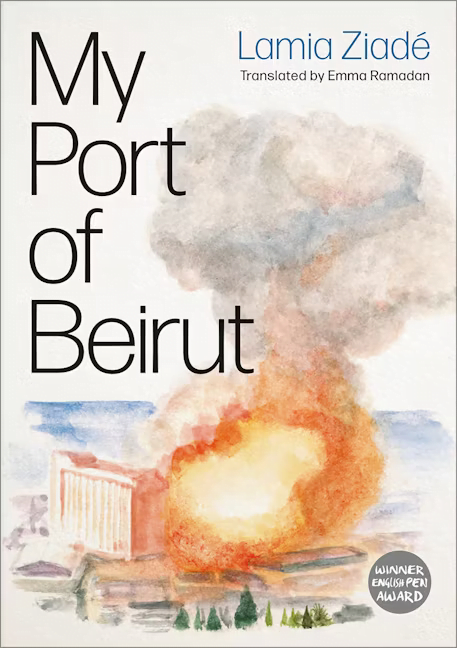We bring (in corrected machine translation) two texts published on the Autonomous Action website following the death in prison of Russian opposition leader Alexei Navalny. The first is from the Trends in Order and Chaos podcast, where members of Autonomous Action and other authors give anarchist assessments of current events. The other is from the Solidarity Zone spot, also on Autonomous Action.
By My Own Hand: “Trends of Order and Chaos” podcast #145
~ NinaT
Navalny’s murder
Let’s start with the news of Navalny’s death. While Navalny was certainly our political opponent, a nationalist who had long actively exploited xenophobia and an imperialist, he was the brightest and most visible leader of the anti-Putin opposition, with the largest number of supporters. The peculiarities of the political field of post-Soviet Russia made him, strangely enough, the leader of the liberal-democratic part of the opposition, which turned out to be no stranger to chieftaincy and chauvinism.
He was especially popular among young people, schoolchildren and students. The guards even nicknamed the young people who go to liberal opposition rallies “Navalnyaty”.
So, no matter how much Putin avoided naming the surname of his most popular opponent, that name has been embedded in Russian opposition politics forever.
Among my democratically minded friends, there were many not only fans of Navalny but also activists of his headquarters. We argued a lot about their leader and alternatives to Putin’s dictatorship. And now we are on the same side of the barricades.
So, no matter how much we, as anarchists, rightly criticise Navalny, for us, his death is the murder by the state of a political opponent of the regime. And certainly, the courage and perseverance with which Navalny fought against this regime is worthy of respect, at least for me personally.
It must also be said that Navalny’s nationalist views were also seen to be changing. From prison, he began to write about his fellow Muslims and foreigners as the same kind of people, making him very different from the Navalny who used to lead Nazi “Russian marches”. One could write this off as a political ploy, but one could also hope that he might actually have reconsidered his former xenophobic views. What Navalny would have been like coming out of the ordeal of a Russian prison, we sadly won’t know. The regime killed him.
Now, I see many opposition-minded people in Russia depressed. They are thinking: if the authorities were not afraid to destroy the most famous Russian opposition figure in the whole world, what would they do to me and my family? Such thoughts are understandable, and of course, we can be worried about the fate of other political prisoners, among whom there are many of our comrades. But at the same time, despite the state’s demonstration of its readiness to destroy all those who dared to raise their heads, people went to the monuments of the repressed and other iconic places in their cities. Many were brutally detained by the police. These people were not necessarily all political supporters of Navalny, but they were all definitely opponents of Russian fascism and Putin’s dictatorship.
People’s protest
As usual, those who like to point fingers at the fact that not enough people have come out again do not realise that even of those who came out earlier, some are in prison, and some are in forced emigration. As for the claims about Russian society, or even more so the people, it is completely unclear what exactly they mean by this society. Politicised society is concentrated more often in big cities, as the most active population, besides having a resource somewhat more than providing basic needs for survival. And the notional “people”, mostly represented by the poor or impoverished, have never been Navalny’s audience, no matter how much he tries to attract them to his side.
Not only that, but the notional “people” of Russia are, in fact, represented by the multitude of nations that inhabit its territory. And while Navalny and other neoliberals relied on the “Slavic” population, with imperial disdain for other peoples, we are now increasingly seeing active and self-organised resistance by peoples whose territories are being mercilessly exploited for the benefit of both private capital and the central government. Of course, these protests are trying to be saddled with nationalists. Any protest is always attempted by those who seek their own benefit, and, of course, the easiest way to deflect people’s eyes is to use xenophobic, nationalist sentiments.
But this does not mean that these protests should be neglected; each situation should be seen as a movement caused by dissatisfaction with the quality of life and its prospects. In other words, social injustice initially drives them, and there is a potential possibility that, in the end, it will be the determining factor rather than attempts to blame problems on representatives of other nationalities.
Now that the authorities in Bashkiria are cracking down on protesters, representatives of many different nationalities are among those who take to the streets. As a person from a multinational family, it is difficult for me to understand the division along national lines, and even more so as an anarchist, but it is important for people whose voices have been ignored for so long to protest in their own language, and here not only national consciousness but also anti-colonial consciousness can emerge.
The anti-colonial struggle
And so when we talk about anti-colonial struggles, I disagree with those who think that the Palestinian-Israeli endless war has long been about the wrong thing. The colonial approach created the ground for all the events that followed. And, unfortunately, at present, it has led to a zugzwang situation, at least as I see it now.
Muslims from Maghreb countries with whom I have many contacts show me pictures of dead Palestinian children and ask, “Will no one be held accountable for this”? “Israel is an occupying state!” – they say. Russian-speaking bloggers from Israel show me pictures of murdered Jewish children and ask, “Won’t anyone answer this”? – “Palestine is a terrorist state!” What’s next?
The blame for anything a state does, in many people’s minds, automatically extends to everyone in its territory. In previous trends, my colleague has also pointed out that this is categorically unfair, and the state does not represent everyone who is somehow a citizen of it.
I nevertheless find it more than a little strange when Russians in the liberal opposition, who take offence at the fact that some people think that there are no “good Russians”, quite easily and calmly accept the idea that every resident of Gaza is responsible for Hamas terrorists. Of course, I would hope that the consciousness of the part of the Russian opposition that considers this approach perfectly justified will change, but for now, people prefer not to destroy the comfortable picture of the world. As they say, “We play here, we don’t play here”.
But I must say that, unfortunately, there are also plenty of anarchists with the same approach, but, for example, towards Russians. I’ve seen enough former anarchists who have gone so far to the right on this topic that there’s nowhere else to go. Enough, don’t flirt with collective responsibility.
War and quiet sabotage
If we are talking about colonialism or militarism, then Putin’s war against Ukraine absolutely fits into this scheme. The vindictive persistence with which Putin is willing to endlessly send his own citizens to their deaths in the hope that Ukraine will run out of citizens capable of defending itself sooner. The war has been going on for two years now; no one is surprised that “retaliation” is coming to Russian cities as well; in emigration groups, there is already a standard request from mothers saying, what to do? My son will soon be 16; where to go to study to leave Russia?
Again, there is a pointing finger: why do they run away instead of protesting? Well, what can I say… The tradition of quiet sabotage in Russia has so far proved to be much stronger than the revolutionary one. So, if few dare to revolt openly, hidden sabotage is also a thing. And sometimes, only hidden sabotage is possible.
Confiscation Law
This week, there was news that Putin signed a law on the confiscation of property for “fakes” about the army of the Russian Federation. If you read it, it means property that was used to harm the state, if it was done for profit, etc., but we already see how the laws, old and new, the prosecutor’s office pulls by the ears as it wants and where it wants.
What can I say… expected. In neighbouring Belarus, the property of political emigrants is already being confiscated and handed over to their executioners. But “we came into this world naked and will leave naked” did not scare them.
Neither god, nor king, nor hero
In conclusion, let me recall once again the words of the Internationale, written by the anarchist and revolutionary Eugène Pothier: “No one will give us deliverance: no god, no king, no hero. We shall achieve our liberation by our own hand.” If we take into account that in the French original, instead of “hero”, it is “tribun”, it becomes even more relevant.
Solidarity Zone: Navalny was killed in prison
At the end of last year, opposition politician Alexei Navalny, sentenced to 19 years in prison on a number of fabricated cases, was sent to a special regime correctional colony in the village of Kharp in the Yamalo-Nenets Autonomous Okrug. This is one of the northernmost and most inaccessible colonies. The Department of the Federal Penitentiary Service for the Yamal-Nenets Autonomous Okrug is famous for its harsh regime and torture of prisoners. In addition to IK-3 “Polar Wolf”, where Navalny was taken, in the region, there is the “Polar Owl” colony for those sentenced to life imprisonment, known for torture and murder of prisoners, and IK-8 maximum security, where, for example, political prisoner Oleg Sentsov spoke about torture.
Today, the relatives of Alexei Navalny received official notification of the death of the political prisoner in IK-3.
Whatever the reasons for the death of Alexei Navalny are established, what happened is a murder. Russian authorities already tried to kill the politician in 2020 using Novichok poison. In the colonies, Navalny was constantly kept in a pre-trial detention centre, isolated from other convicts; the politician’s lawyers were sent to a pre-trial detention centre on charges of participating in an “extremist community.” Finally, the political prisoner was sent to a geographical point that was impossible to reach quickly. And all these planned actions were aimed at minimising Navalny’s political influence. Even if death occurred from “natural causes,” the conditions in which this became possible were created by the Russian state.
It is important to note that Alexei Navalny is far from the first prisoner killed in a Russian prison. Here are some examples.
Previously, the most famous such case in the modern history of Russia was the death in a Moscow pre-trial detention centre in 2009 of the auditor of an international consulting company, Sergei Magnitsky, who announced the existence of schemes for the large-scale theft of budget funds by Russian officials and security forces. The public could not establish the exact circumstances of the death due to opposition from the authorities. However, it is reliably known that Sergei complained about the lack of medical care, and on the day of his death, eight (!) pre-trial detention centre officers escorted him to a separate cell, where he died.
On September 13, 2016, Valery Zakharkin, who caused a lot of inconvenience to the Federal Penitentiary Service with complaints and appeals to the ECHR, was killed in the Polar Owl. On the instructions of operative Igor Nesterenko, he was beaten to death by “press officers” Alexey Voevodin (a well-known neo-Nazi) and Alexander Ageev.
In February 2018, in St. Petersburg pre-trial detention centre No. 5, after torture and rape, unknown security forces killed businessman Valery Pshenichny, who announced the theft of money from the Ministry of Defence.
Last year, Crimean Tatar political prisoner Dzhemil Gafarov, who had previously complained about the lack of medical care, died in the Novocherkassk pre-trial detention centre.
One can argue endlessly about the causes of these deaths and murders and their beneficiaries, but one thing can be said for sure. If the murder is not sanctioned by the most important bandits in the Kremlin and Lubyanka, public attention and human rights support can save the life of a prisoner or detainee. Not a single head of a pre-trial detention centre or colony would want to kill a prisoner, knowing that then, for several years, he would be subject to inspections and the media would write about his involvement in the murder.
Therefore, it is very important:
- To disseminate information about political prisoners,
- To write letters to political prisoners – this shows the administration how many people are monitoring the fate of the prisoner or prisoner,
- To support fees for attornies
The Russian state tortures and kills. We cannot resurrect the dead, but we can make it as difficult as possible to torture and kill the living. Support political prisoners and initiatives that protect prisoners of the regime.
Not everyone is free yet!
Image: https://t.me/AoMurmansk








